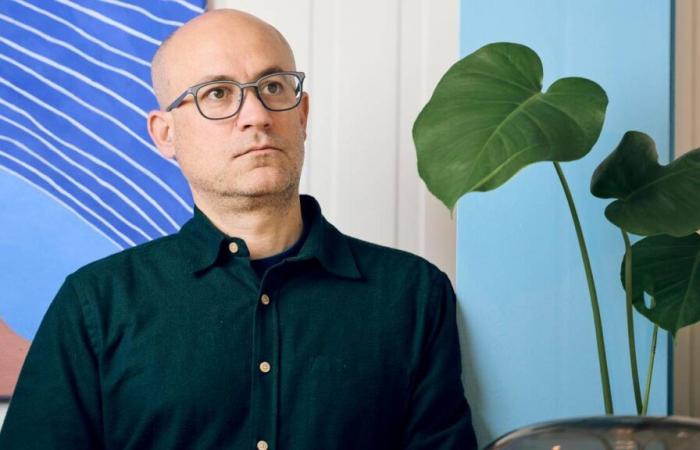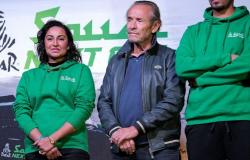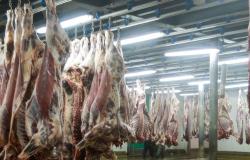Perec, Zola or Rabelais rather than contemporary thinkers
Nicolas Nova certainly had a method, certain aspects of which he had described in these Exercises d’observationns or in the Design Fiction Handbookbut he did not follow any theoretical dogma, and did not suffer from any subjugation to a single discipline or a particular school. He always said he was more inspired by Perec, Zola or Rabelais than by any other contemporary thinker. His accomplices, his friends, were of all types: designers, inventors, artists, unorthodox writers, coming from all over the world, united simply by an infinite pleasure in exploring territories ignored by academic research. With them, he could build bridges, draw maps, and above all give birth to objects, as he did for years with the Near Future Laboratory, an international collective of mischievous and brilliant creators. Thus, rather than talking about the future, Nicolas Nova and his comrades produced a “real” catalog for the mail order sale of fictitious objects, a “real” sports newspaper featuring analyzes produced by artificial intelligences still to be invented and so many other physical and complete objects coming directly from the future. Here again, it was a question of breaking down the reassuring barriers which usually separate science from fiction to rediscover the power of the imagination and give it substance, making possible futures visible here and now, in their complexities and contradictions. .
Archives of inestimable value
Over the years, Nicolas Nova has continued to continually document his work, particularly in the form of episodic newsletters. The latest incarnation of his research notebooks, Lagniappeof which he produced the eighty-first edition last March, listed the idiomatic expressions and portmanteau words that he encountered during his readings and what he called the “tabs open in the browser”, lists of current readings, intriguing raw material which has not yet found a place in his writings. These archives of research in motion are of inestimable value, both a source for countless books yet to be written and an underground chronicle of an era whose major changes we still only very partially understand.
Nicolas Nova met his death at the age of 47, on the field, far from home. He had just published his 19th book. His thoughts, always free, accelerated, amplified, sharpened. He traced an infinitely original path, absolutely necessary, so personal that it seems impossible to continue. What can we do so that the lights he lit in so many uncharted territories before him do not go out. Reread his books and the archives of his research in motion, appropriate his words and his methods, humbly set out again on the paths, explore the peripheries where everything mixes and hybridizes, where our categories are ineffective, where our simplifying stories break, practice the exercises every day to continue the initiation into wild thinking.
Our recent meeting: Nicolas Nova, anthropologist: “Digital folklore helps us think about new technologies”






